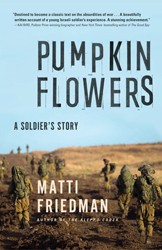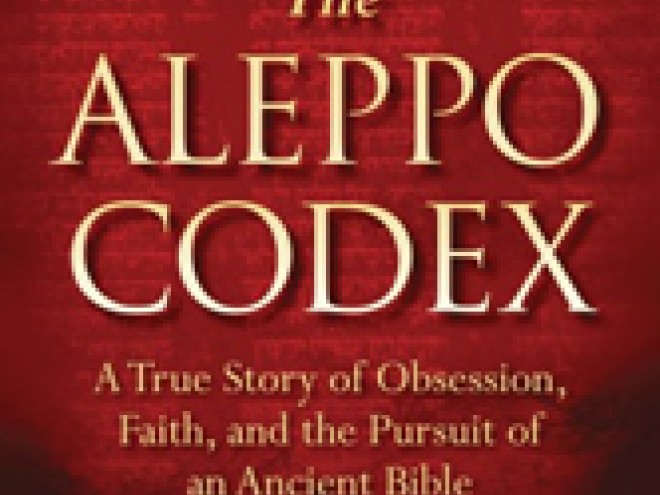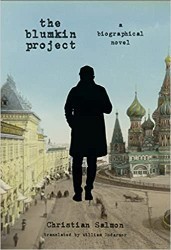For such an important and all too frequent experience in the history of our species, war is a remarkably difficult thing to write about. Warfare is often undertaken at a staccato pace, with brief intervals of combat leavened by long periods of waiting and inactivity; the broader lineaments of combat are often obscure to the participants on the front, whose close-range view is both too clear and too close. Matti Friedman’s Pumpkinflowers: A Soldier’s Story ingeniously overcomes these challenges on its way to becoming not just one of the best books of the year, but also one of the wisest.
Pumpkinflowers is a tremendous account of Israel’s military presence in the South of Lebanon during the 1990s. Unlike other, more iconic Israeli engagements like the Independence War and the Six-Day War, Friedman’s subject has neither name nor chronicle, and Friedman is “the Pumpkin’s first historian in any language, and almost certainly its last.”
The ‘Pumpkin’ is a snatch of IDF jargon, a horticultural euphemism used to refer to an outpost in the security zone maintained by Israel in southern Lebanon after the withdrawal from the territory in the late 1980s. This line of outposts include names such as ‘Red Pepper’ and ‘Basil,’ meant to protect the communities of northern Israel from the growing Hezbollah presence in the area, which succeeded the PLO after that group was dislodged by previous IDF actions. The Pumpkin was dismantled in 2000, as Israeli society turned against the military’s continuing presence in southern Lebanon.
The book’s structure is one of its great achievements, delivering a perspective both elegantly oblique and viscerally searing. The first section is comprised of tremendous reportage, as Friedman tells the story of the Pumpkin through a focus on Avi Ofner, a soldier of considerable literary gifts who served there. Friedman has read through all the archives, but in his prose one feels the intimacy of Israel’s smallness; everyone knows someone who knows someone who might have known Avi. Through Friedman’s deft touch and Ofner’s own letters, Avi becomes dear to us as well.
The book’s second section is an account of Friedman’s own time serving at the Pumpkin. Here we get some sense of military life at a granular level, we see routine and staccato interruption. Friedman’s narrative voice is remarkable, maintaining a steady calm while occasionally blooming into prose of exceptional beauty, exemplified in his description of the stuff and substance that makes and unmakes Israel, a language not floral but geological:
The stone is the common local limestone, which itself is made of bodies — microscopic creatures who died in the light zone at the surface of a prehistoric ocean and floated down through the darkness to the sea floor which is now our country, becoming the material that people here have always used to build their temples and their homes.
Friedman wields the microscope and the telescope with equal adeptness, a skill set that wonderfully fits the perspectival paradoxes of his subject, which is has all the ugliness of a garrison, yet it is perched in a rolling landscape of uncommon beauty. A place of monastic seclusion, the soldiers stationed at the Pumpkin are put into an obsessive relationship to the neighboring town of Nabatieh, whose hostile terrain they know better than the creases of their own hands.
The final section of Pumpkinflowers traces the afterlife of the Pumpkin, striated with trenchant reflections on how Israel has changed and been changed by its time in Lebanon. Here Friedman proves himself to be both an acute analyst of his country and its shifting sensibilities as well as an accomplished travel writer. He recounts returning to Lebanon as a civilian, Canadian passport clutched in hand. Like everything else in the book, this section is compressed yet dense with insight; it is a superb account of the perils and possibilities of contemporary Lebanon. The final pages take Friedman back to the Pumpkin, now fallen back into forested landscape that echoes with something like the rueful reflections of Wordsworth’s “Lines Written A Few Miles Above Tintern Abbey,” with “the burthen of the mystery” still felt, and shouldered.
The Pumpkin was an outpost that turned out to be a signpost for the wars of the future, which is now our present. Reflecting upon how the detonation of the Pumpkin “freed a wrathful millennial spirit trapped inside the hill and released it into the world,” Friedman’s book cannot exorcise this ghost, but it does offer the seared wisdom of one who bore witness to its grim peregrinations.






